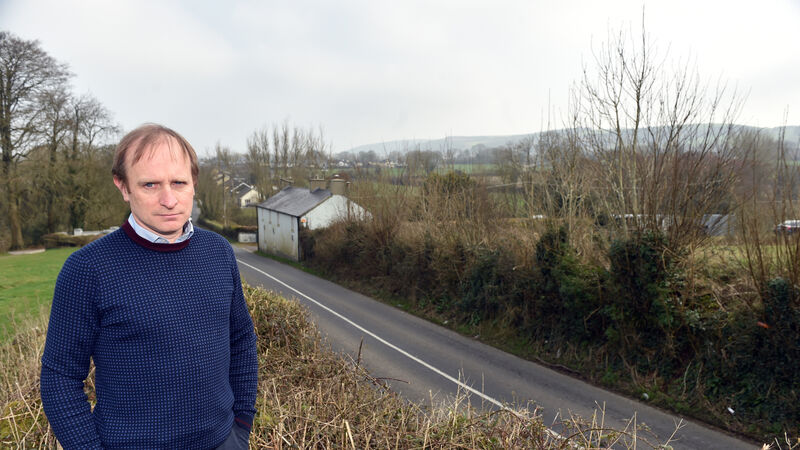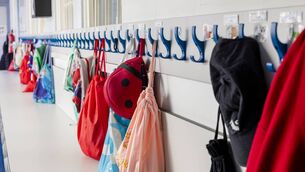M20 project: Many routes and even more concerns

Michael O'Regan works as an accountant on the family's drystock cattle and stud farm
in the townland of Ballygarrett near Ballymagooly cross, 4km east of Mallow, Co Cork. He stands to lose 16 acres if one of the proposed M20 routes is selected. Picture: Eddie O'Hare













